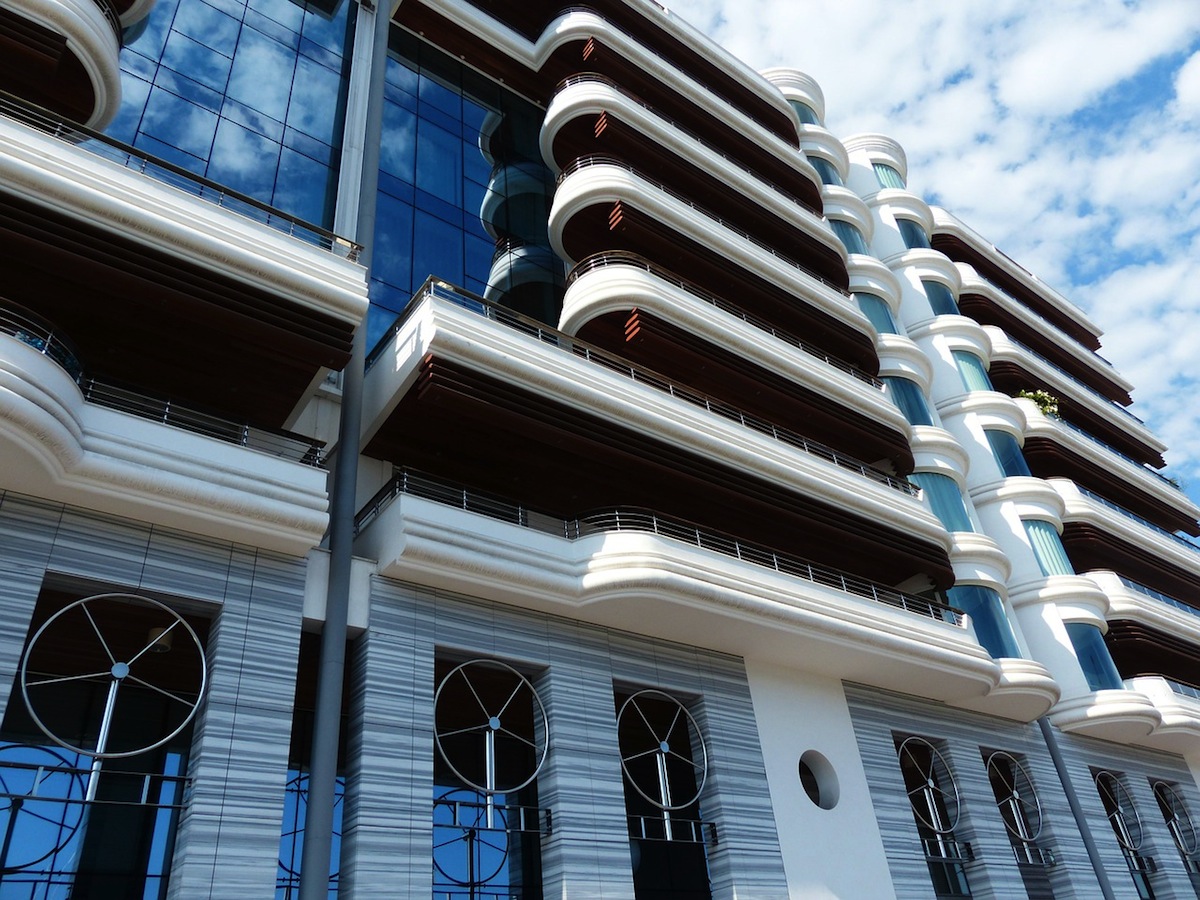Dry rot and too much weight appear to be the causes of a fatal accident at an eight-year-old building in Berkeley, Calif. The tragedy has prompted at look at codes governing the structures.
Builders could take extra steps that go beyond what’s outlined in building codes. For example, advise owners that decks do not last forever and even the best-made structures have a lifespan of 15 years.
The North American Deck and Railing Association estimates that at least 40 million residential decks and 10 million commercial decks in the U.S. are at least 20 years old.
Educating the building’s owners about the importance of weight limits and maintenance can help keep the structures safe. Leaving a sign behind that posts the maximum capacity for the balcony or deck will inform the building owner.
Other steps include: Advising the owner that a pileup of snow on a deck can be heavier than a group of people, and can lead an otherwise empty deck to collapse.
Related Stories
| Oct 9, 2014
Seattle puts restrictions on micro apartments
The Seattle City Council passed new rules that new studio apartments in the city must measure at least 220 sf and contain at least two sinks.
| Oct 9, 2014
Cities get creative with stormwater management
Cities around the world are crafting stormwater management policies that include natural and manmade methods to store and absorb runoff to reduce flooding.
| Oct 2, 2014
Fannie Mae study says affordable rental units more energy efficient than market-rate units
Fannie Mae’s new report on energy usage in the multifamily sector found that affordable properties use 28% less energy per unit and are 29% smaller than market-rate properties.
| Oct 2, 2014
California Energy Commission launches code upgrade process
The California Energy Commission launched the upgrade process to Title 24, the state energy code, last month.
| Oct 2, 2014
Canals to mitigate flooding could be in Boston’s future
The Urban Land Institute held brainstorming sessions over the last several months involving more than 70 engineers, architects, and development and insurance specialists to examine how rising sea levels would affect four representative areas in and around Boston.
| Oct 2, 2014
Los Angeles reverses ban on high-rise slanted roofs and spires
Los Angeles reversed course last month on a regulation that had barred skyscrapers from having slanted roofs or spires.
| Sep 29, 2014
10 common deficiencies in aging healthcare facilities
VOA's Douglas King pinpoints the top issues that arise during healthcare facilities assessments, including missing fire/smoke dampers, out-of-place fire alarms, and poorly constructed doorways.
| Sep 29, 2014
Report finds links between office design, health and productivity
A new report from the World Green Building Council finds “overwhelming evidence” to support office design as a significant influencer of the health, wellbeing and productivity of staff.
| Sep 29, 2014
San Francisco office tower is first U.S. building to earn LEED Platinum v4 certification
One Sansome Street, San Francisco is the first building in the U.S. to achieve LEED Platinum v4 certification. The building is also only the second property worldwide to be awarded with v4 certification.
| Sep 29, 2014
Navy to begin BIM phased implementation in October
The U.S. Naval Facilities Engineering Command will begin its Building Information Management and Modeling (BIM) Phased Implementation Plan in October.
















